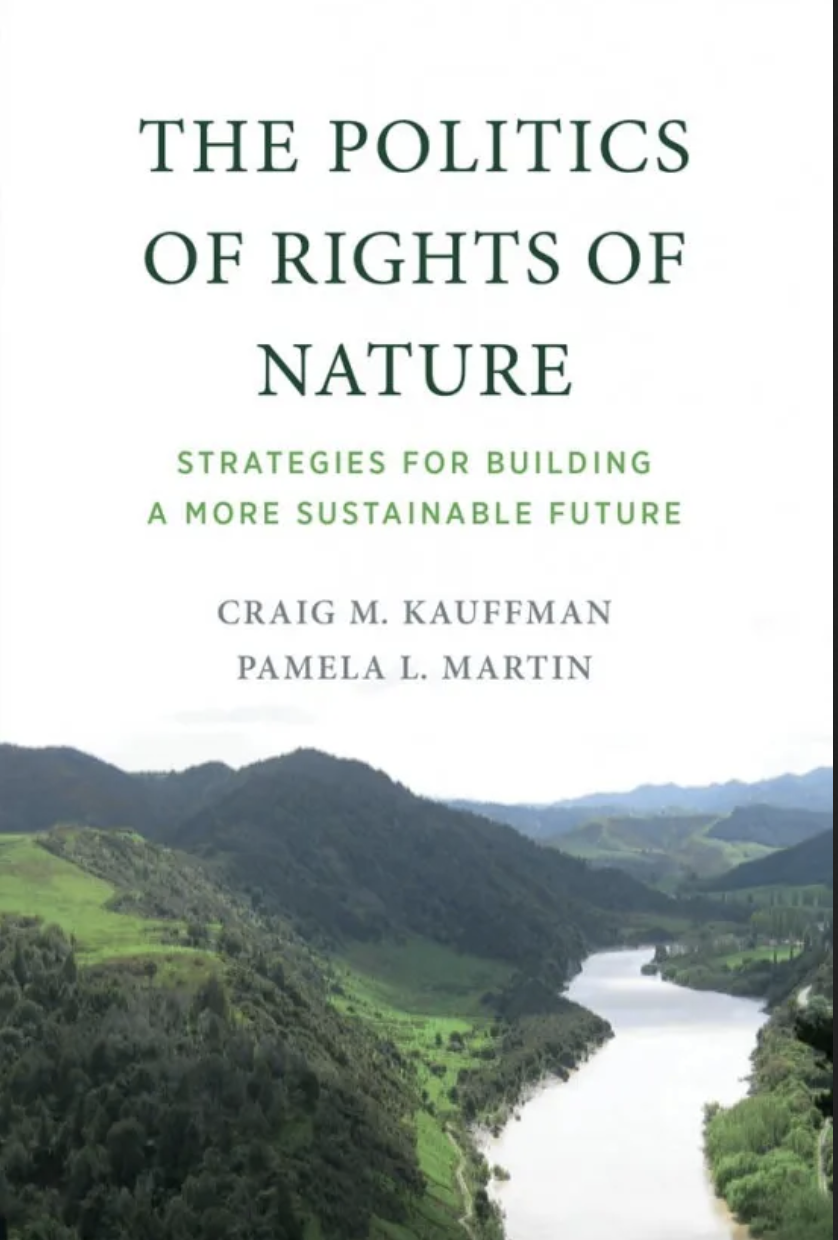Published by YubaNet on August 17, 2021 by .
August 17, 2021 – With the window of opportunity to take meaningful action on climate change and mass extinction closing, a growing number of communities, organizations, and governments around the world are calling for Rights of Nature (RoN) to be legally recognized. RoN advocates are creating new laws that recognize natural ecosystems as subjects with inherent rights, and appealing to courts to protect those rights.
Going beyond theory and philosophy in The Politics of Rights of Nature, Craig Kauffman and Pamela Martin analyze the politics behind the creation and implementation of these laws, as well as the effects of the laws on the politics of sustainable development. Kauffman and Martin tell how community activists, lawyers, judges, scientists, government leaders, and ordinary citizens have formed a global movement to advance RoN as a solution to the environmental crises facing the planet. “Kauffman and Martin’s comprehensive book demonstrates that like the laws of Nature, the Rights of Nature should be real and ineluctable,” said James R. May, Special Representative on Rights of Nature at the International Council of Environmental Law and Distinguished Professor at Widener University Delaware Law School.
Comparing successful and failed attempts to implement RoN at various levels of government in six countries—Bolivia, Colombia, Ecuador, India, New Zealand, and the United States—the authors ask why these laws emerged and proliferated in the mid-2000s, why they construct RoN differently, and why some efforts at implementation are more successful than others. As they analyze efforts to use RoN as a tool for constructing more ecocentric sustainable development, capable of achieving the 2030 Agenda for Sustainable Development goal of living “in harmony with Nature,” Kauffman and Martin show how RoN jurisprudence evolves through experimentation and reshapes the debates surrounding sustainable development…
Read the full book review on YubaNet.

